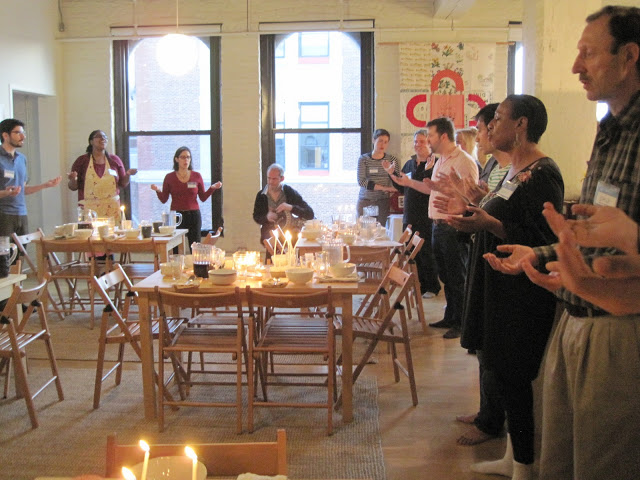
Crowdfunding has become an increasingly popular way to support new ventures in business and non-profits, and now new congregations and other religious organizations are investing in such campaigns as they seek to expand their ministries, according to the current issue of the Heidelberg Journal of Religions on the Internet (No. 9). Such crowdfunding sites as Kickstarter and Indiegogo have generated billions of dollars as entrepreneurs and other backers use these Internet sites to solicit financial support for a wide variety of projects and causes. While religion-related projects make up a small portion of crowdfunding efforts, Indiegogo offers a “religion” category that has drawn church plants and other efforts seeking financial support. Author Adam Copeland writes that the typical religion-related crowdfunding project often seeks funding to “create a new space or emerging ministry on the edge of the traditional, established church.”

Copeland studied five campaigns of new congregations, with only two meeting their funding goals, though all raised over $20,000 each. St. Lydia’s Dinner Church, a new Evangelical Lutheran Church of America congregation in Brooklyn based on shared meals, ranks as the most successful project, not only raising the most in funding ($33,240) but also the most backers (263 people). Copeland finds that these religious projects make particular use of the video component of Indiegogo along with the digital text to create a “compelling narrative meant to tug on the heartstrings—and the wallet—of the viewer.” He concludes that more congregations will likely build upon the relative success of his case studies, “and crowdfunding will become more common. Whether in digital text or video, one thing is clear: the offering plate has gone digital.”
Other churches in Copeland’s study, including an Episcopal church plant and coffee shop in Birmingham, Ala., and a new church in Portland, Ore., that was expelled from the Evangelical Covenant Church because of its gay rights stance, seem to fall into the mainline and experimental Emerging church orbit that lacks the funding sources of many evangelical church planting networks. For this reason, social media and the “general ability to communicate publicly” is now an important tool of outreach. Research on church plants conducted by the editor of RW finds that new mainline congregations tend to draw people working in education and social work who spread their donations among various non-profit groups and causes. This pattern is in contrast to evangelical church plants that attract more business professionals who regularly concentrate their giving—and often tithing—within the congregation.
(Heidelberg Journal of Religions on the Internet, http://journals.ub.uni-heidelberg.de/index.php/religions/article/view/26248)